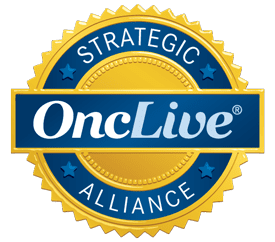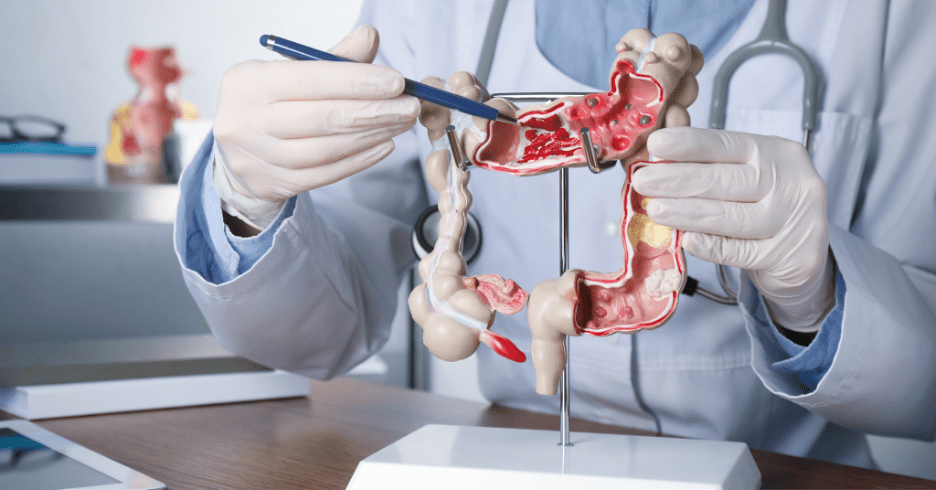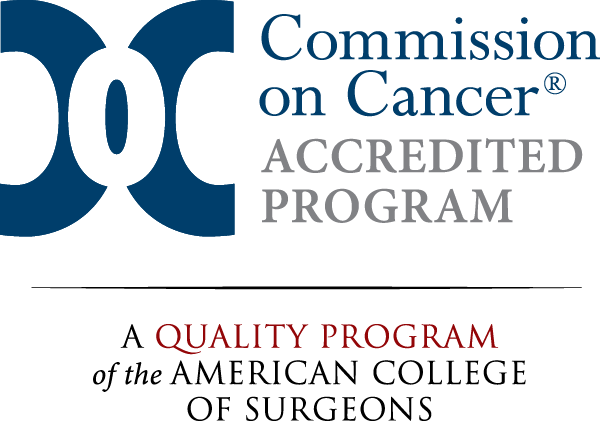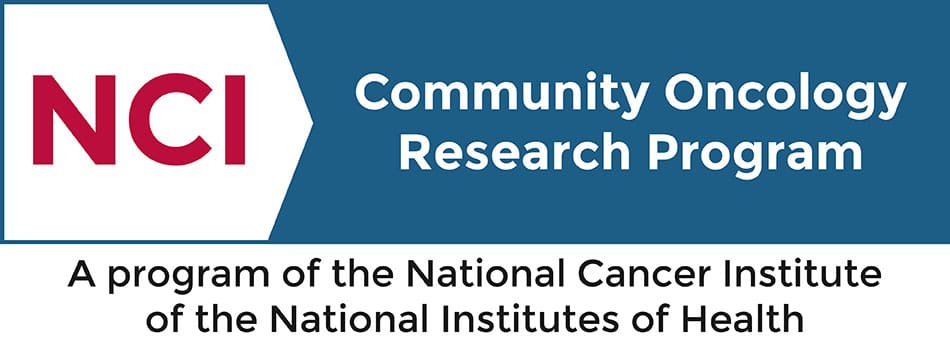Colorectal cancer numbers are unfortunately rising in young people – meaning before 50 years old. The reason is not clear, but it goes to show why it’s more important than ever to understand screening recommendations and processes, and how they are crucial to your health.
Abnormal cells that form into polyps in the body take about 10 to 15 years to potentially develop into colorectal cancer. By screening and identifying these abnormal cells and polyps through tests such as a colonoscopy, you and your physician can intervene and remove them before they have the chance to turn into cancer. In addition to detection and intervention, screening can also find colorectal cancer early, when it’s smaller and easier to treat.
It’s easy to dismiss recommendations and guidelines, but the truth is, ignoring those guidelines can be harmful. This Colorectal Awareness Month, we hope to bring attention to colorectal cancer screening, as it has proven to save lives.
Screening Recommendations
Colorectal cancer almost always develops in precancerous polyps – growths – in the colon or rectum. Screening identifies these polyps, and removing them prevents cancer from forming. Colorectal polyps and colorectal cancers don’t always cause symptoms, especially in the early stages. That is why getting screened regularly for colorectal cancer is so important.
The American Cancer Society recommends colon screening for everyone, beginning at age 45. If you have a strong family history of colorectal polyps or cancer, you’ll want to talk with your doctor about your risk level. Earlier screening may be recommended.
Standard screening recommendations to discuss with your physician include:
- If you’re 45 to 75 years old, screenings are recommended.
- If you’re younger than 45 and think you may be at high risk of getting colorectal cancer, or if you’re older than 75, your doctor can provide a recommended screening schedule.
Screening Options
You have options when it comes to screening – the important part is getting screened. While colonoscopy remains the gold standard for colon screening, as it is the only test that examines the entire colon, other screening processes are available.
Speak with your physician to determine which option is best for you, and be as informed as possible when it comes to the various screening types.
Stool tests:
These tests look at the stool for possible signs of colorectal cancer or polyps. They are typically done at home, so many people find them easier than tests like a colonoscopy. However, this type of test will need to be done more frequently and have a higher false positive rate than colonoscopies. If the results are abnormal, you will still have to undergo a colonoscopy, and if you used your insurance to pay for the at-home test, then that colonoscopy may not be covered by your insurance.
Colonoscopy:
A colonoscopy is a screening test that involves a colonoscope – a lighted camera on the end of a flexible tube – that passes through your anus and rectum into your colon. Along the way, it sends pictures of the inside of your large intestine to a screen. Your physician will monitor the screen for polyps during the colonoscopy. Polyps can also be removed during the procedure, and tissue may be biopsied afterward.
A colonoscopy also has the longest interval between tests if the exam is normal.
Colonoscopy prep:
Your physician will ensure you are informed on each step of the process before your colonoscopy takes place and will arm you with instructions that begin a few days before. You’ll be expected to:
- Eat only low-fiber foods 2-3 days before your colonoscopy.
- Start your clear liquid diet one day before.
- The evening before, you will drink a prescription laxative to clear your bowels to prepare your body for the procedure.
This preparation may overwhelm you, but the benefits of cancer prevention are invaluable. If you’re interested in a different route, you may consider a colonoscopy prep tablet. Speak with your physician about this option and cost.
Signs and Symptoms
Colorectal cancer may not show any signs or symptoms, which is just another reason why screening is so important. However, if you notice any of the signs below, it’s crucial that you speak with your doctor to discuss what it could mean.
- Sudden diarrhea, constipation, or other unusual bowel habits such as narrowing of the stool, that last for more than a few days
- A feeling that you need to have a bowel movement that is not relieved by having one
- Rectal bleeding with bright red blood
- Blood in the stool, which might make it look dark brown or black
- Abdominal pain or cramping
- Weakness and fatigue
- Noticeable weight loss
_______________________________________________________________________
Now that you are armed with the information you need, it’s time to put it into action. To schedule a colonoscopy at Capital Health, click here and set up an appointment or call us at 609-303-4444.



